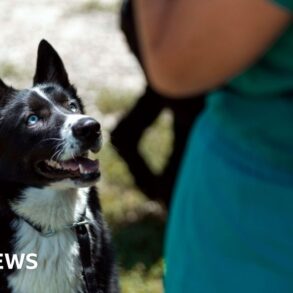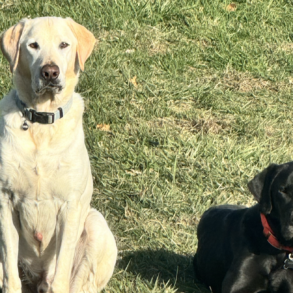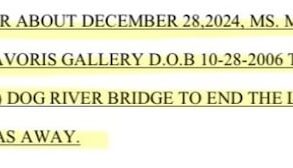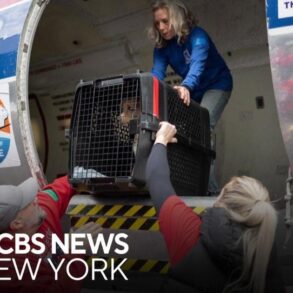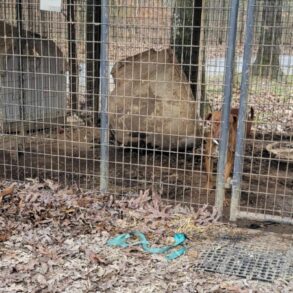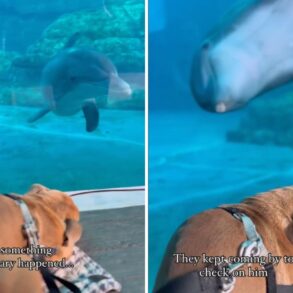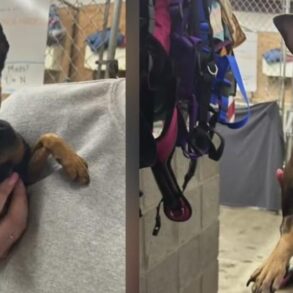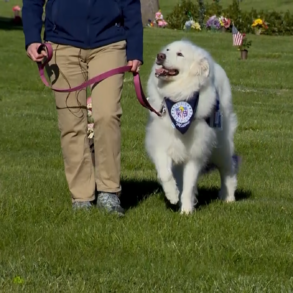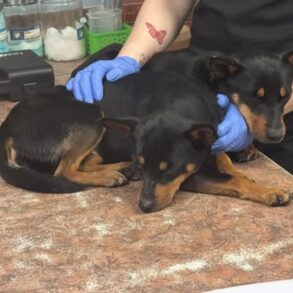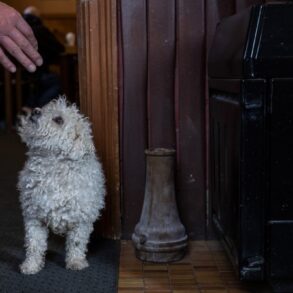On a chilly December morning, Colin Butcher and his dog, Molly, are on the streets of Haywards Heath in West Sussex. But Molly is not out for a walk – instead she is hard at work trying to track down a missing cat.
Pet theft is on the rise across the UK. Data from the insurer Direct Line suggested dog thefts had increased by 6% between 2022 and 2023, with English and French bulldogs – regularly sold for about £3,000 – among the most frequently targeted breeds.
Separate data from Petlog, one of the UK’s largest lost and found pet databases, revealed that almost 5,000 dogs and more than 20,000 cats were reported missing between January 2023 and June 2024.
And while pet theft is booming, so too is the pet recovery industry, with bereft owners increasingly turning to specialists to help reunite them with their missing animals. Some recruit the services of volunteers, while others will pay hundreds of pound for professionals such as Butcher, an ex-Scotland Yard detective, to hunt for their lost or stolen pets.
Some detectives – amateur and professional – use an arsenal of the latest technology, including thermal imaging drones and cellular outdoor cameras.

But Butcher relies on old-fashioned detective work and his 10-year-old working cocker spaniel. Together, the pair have recovered hundreds of pets.
“I could work every single day of the week and every weekend there’s so much demand right across the board,” he said. “I probably get about on average 15 emails or calls just on missing cats every single week, a busy week might be as many as 30.”
His successful recovery rate for cats is somewhere between 82% and 85%. And his work has taken him across the world, tracking down a yorkshire terrier who went missing on the Grenadian island of Carriacou, and investigating a corrupt dog rescue centre in Turkey.
Often he recovers the animals within a day – he found a snatched cavapoo by tracking down CCTV, noticing an identifiable sticker in the window of the offending car, and putting out an appeal leading to the too-hot-to-handle dog being found dumped shortly after.
In order to address growing calls to tackle the problem, last year the previous government introduced the Pet Abduction Act, creating specific offences of dog and cat abduction in England and Northern Ireland, and introducing compulsory microchipping.
But Butcher said it had not helped to address the problem, with police forces still failing to dedicate resources to pet-related crime.
Today, he and Molly are looking for Clemmie, a mackerel tabby who disappeared after breaking free from her carrier on a visit to the vet about a month ago.
After the death of her partner, retired foreign correspondent Gill Ross, 78, adopted two cats from Cyprus, who she named Winston and Clemmie, after the Churchills.




After Winston was killed in a road accident, Ross said, “Clemmie and I went on together, and she became the most beautiful cat.
“She was this little feral thing, but she’s absolutely beautiful and just the best pet, and on down days she’d always sit on my lap every evening, so there’s this big space on my lap now, and it’s just the saddest thing.
“I really, really want her back.”
A friend found Butcher on the internet, Ross said, adding: “I honestly didn’t think I was going to get to see him, because I know how busy [he is] and how many people want his services.”
When she hid part of Clemmie’s scratching post in the garden for Molly to find on their first visit, Ross said, “it was quite incredible”.
“Colin took her out into the garden, and about 10 seconds later she was flat down, mission accomplished.”
While Ross has collected information from members of the public responding to her missing posters, Butcher and Molly are now out following up on leads; searching for Clemmie’s scent to assess whether sightings of grey cats in the area could be her, and knocking on doors to eliminate cases of mistaken identity.
Butcher also encouraged Ross to walk home from the area Clemmie had last been seen – and a week after the Guardian joined him on the hunt, the errant cat did indeed return home.
“The owner’s scent and the sound of their voice will act as two positive stimuli to encourage the cat to move in the same direction,” he said. “This is why cats often arrive back at their home a few hours after their owner has been searching for them.”
Butcher also helped Becky Taylor, 52, who runs the Haven equine-assisted therapy centre in the West Sussex countryside, to recover her dog Hazel a working cocker cross taken from near her premises.
“It was absolutely horrific,” Taylor said. “All I could do was just believe I was going to get her back, because I would lose it if I didn’t.
“It’s really horrific, because dog owners with stolen dogs get the most awful phone calls, people saying they’ve got their dog, they’re going to kill it, if you don’t give them some money now.”




Taylor spent months putting up posters, scouring selling sites, and investigating every possible lead – turning to Butcher for support and advice.
“The police weren’t interested, and I just thought, you know, I really am on my own,” she said.
Eleven months later, after receiving a phone call with information, she found out that Hazel was being kept on a puppy farm. “I had to buy her back,” she said. “I needed her back and I was willing to pay.”
She added: “She hadn’t got a microchip in, they cut it out. She had obviously been shut away in the dark, she had just had puppies. She had obviously been on a puppy farm.
“Her nose was burnt where she hadn’t been able to get away from the heat lamp. She was still producing milk, she had a fever, she was quite thin and very smelly.”
Taylor said the new legislation would not have helped return Hazel to her, and said a national DNA database kept alongside microchip details, and stricter regulation of breeders, was needed.
“The dog’s DNA can’t be changed,” she said. “If that dog gets stolen, and for example, if it’s a bitch that goes on to be bred, then the DNA from the puppies would match.
“If you had to produce ID, your name and address, before you could put an advert up then things could be tracked back to that person and you wouldn’t get the same person being able to breed time and time again under different names.”




Butcher said: “The Tories introduced a piece of legislation that isn’t really fit for purpose,” adding that getting to grips with pet theft should be a priority because “without a doubt” it is often linked to more serious crime.
“One of the main reasons dogs are stolen is to sell them into the illegal breeding network,” he said. “You can invest a large sum of money from say, the sale of narcotics into building a illegal breeding network, so a puppy mill operation.”
And meanwhile, the impact on owners left missing their pets can be devastating.
“It’s not about just taking someone’s possessions,” Taylor said, “it’s about taking a member of their family, and it’s just the most horrific thing.”
This post was originally published on this site be sure to check out more of their content.










